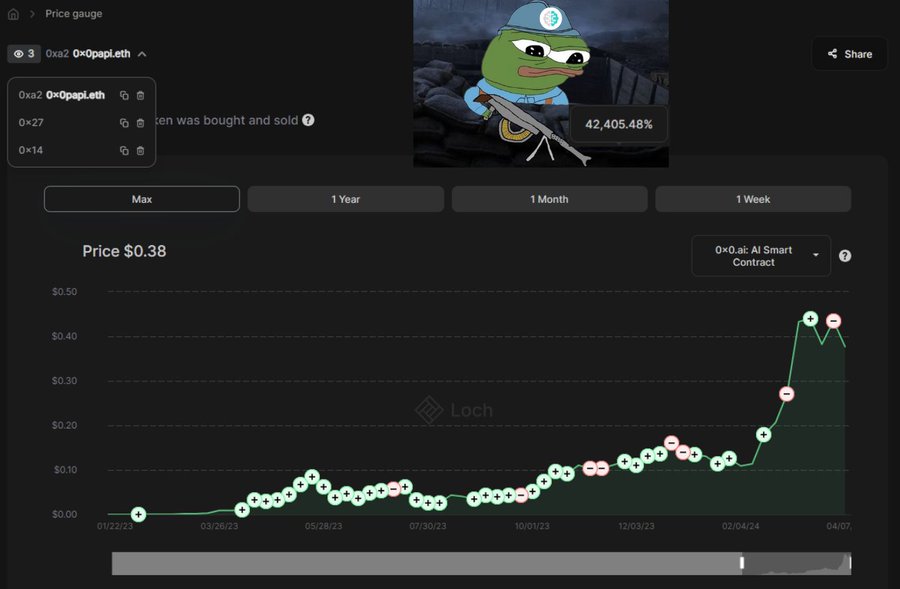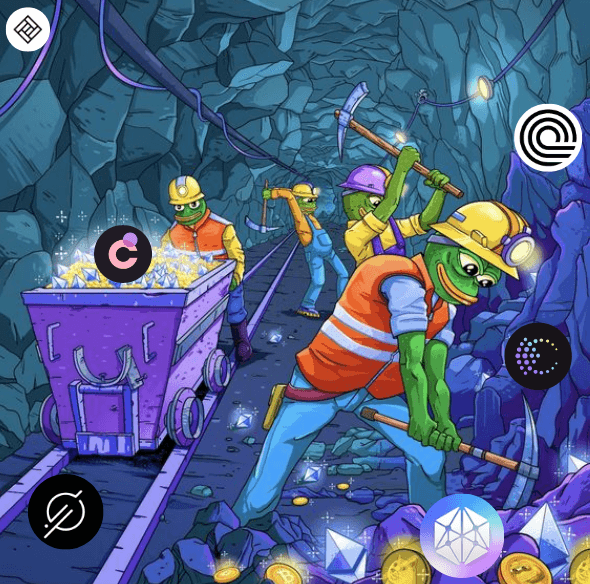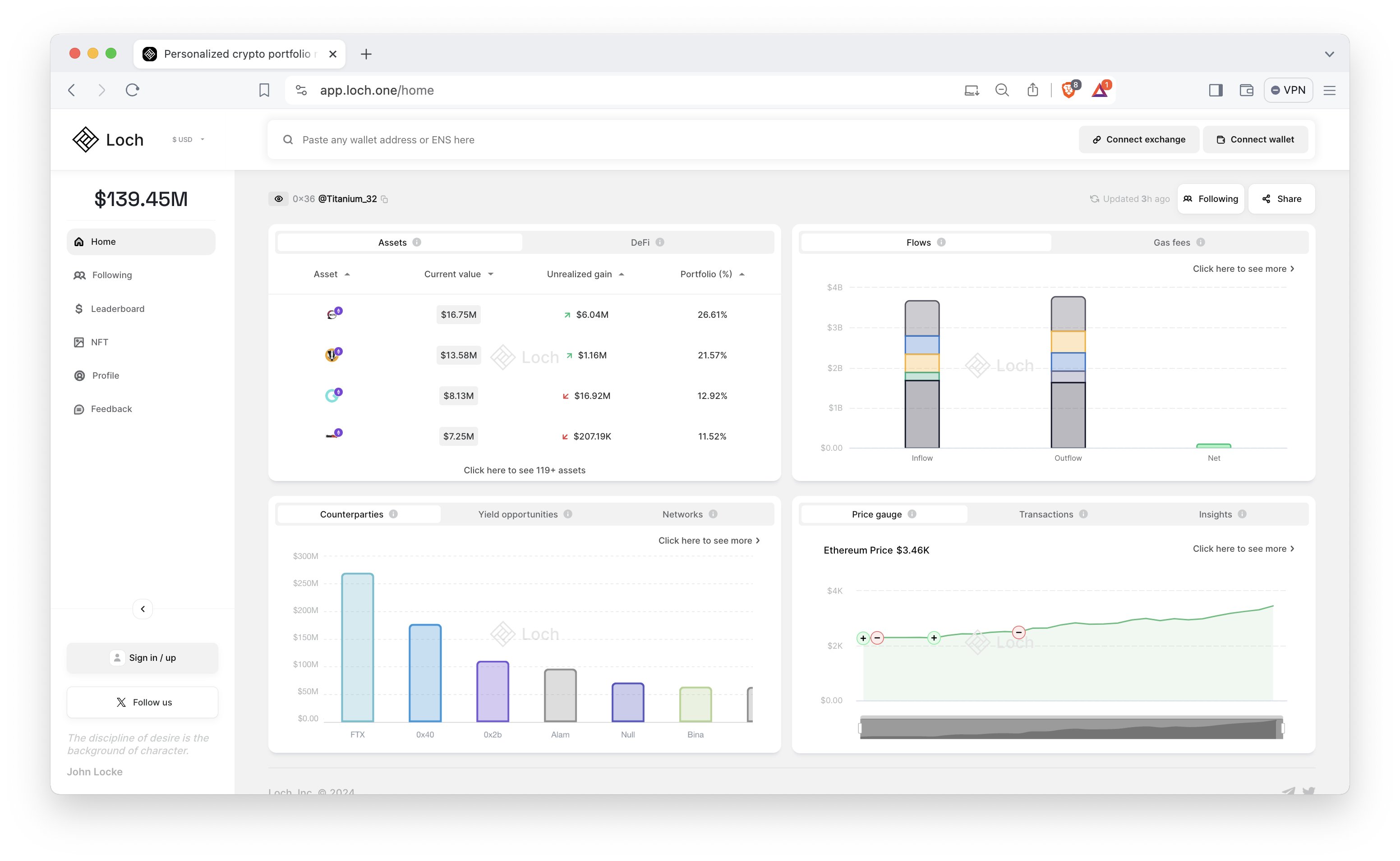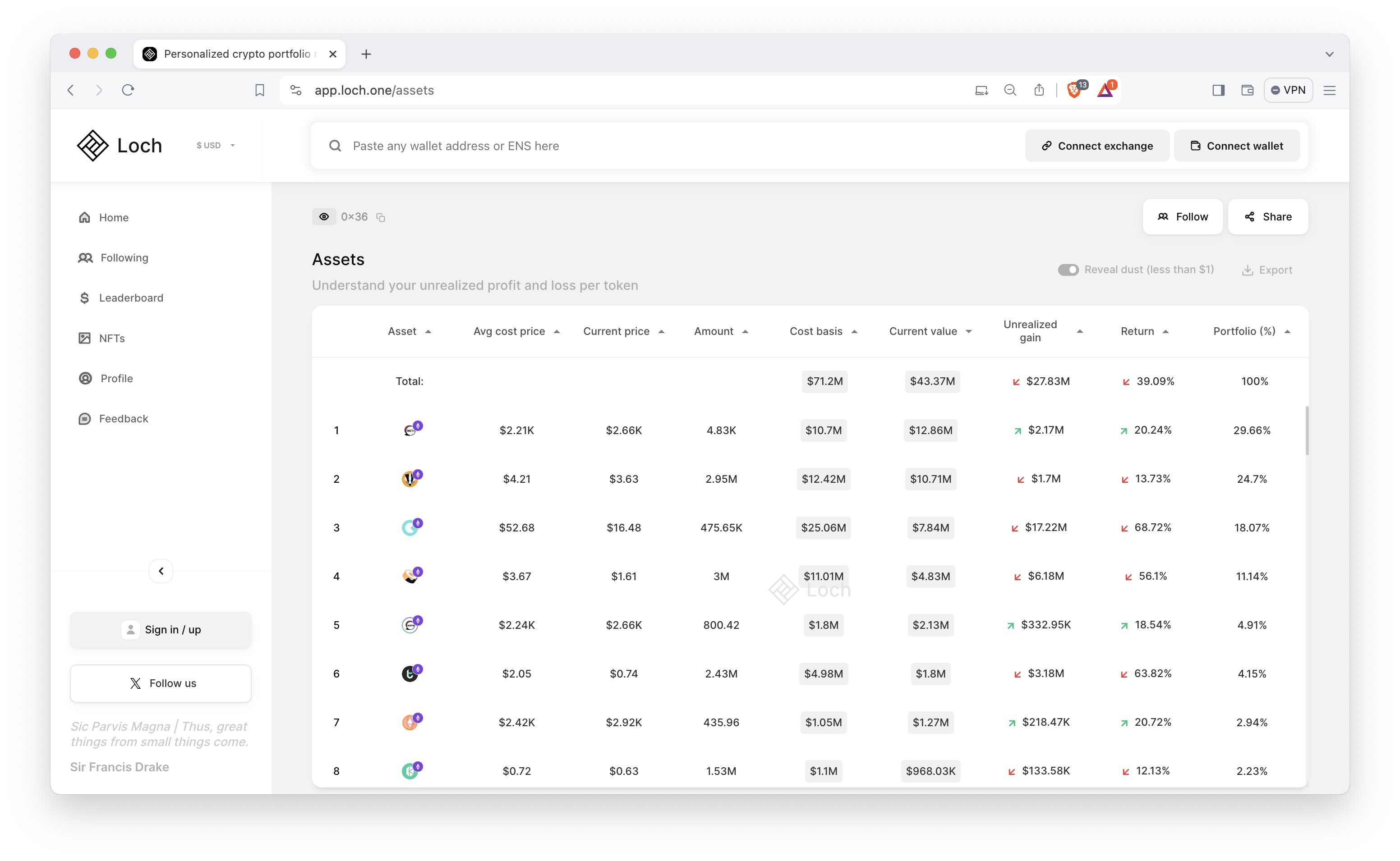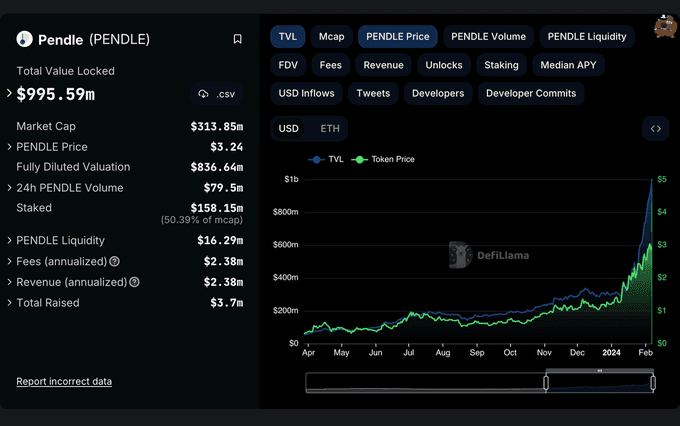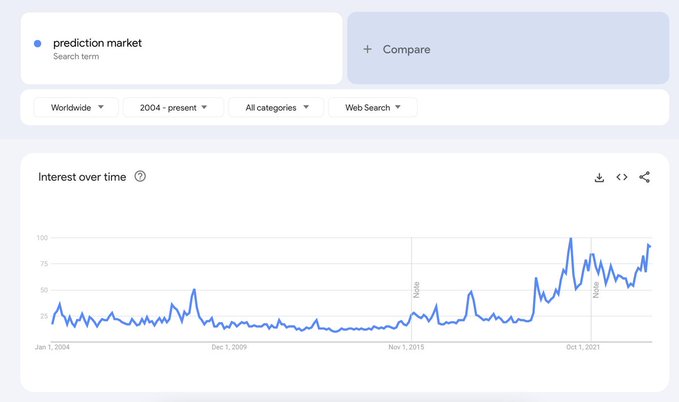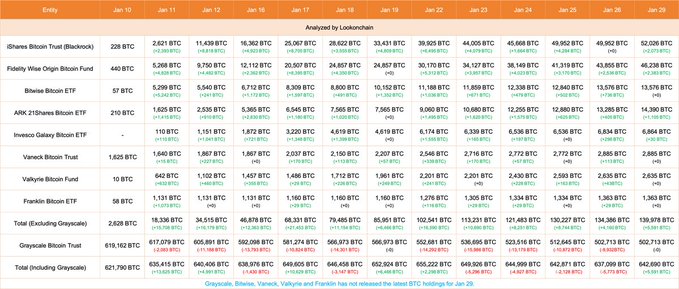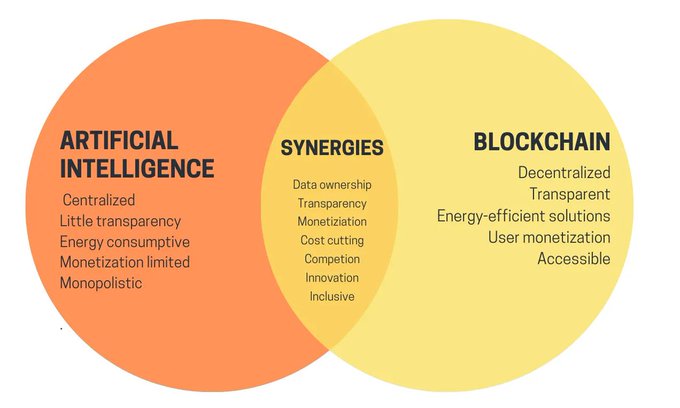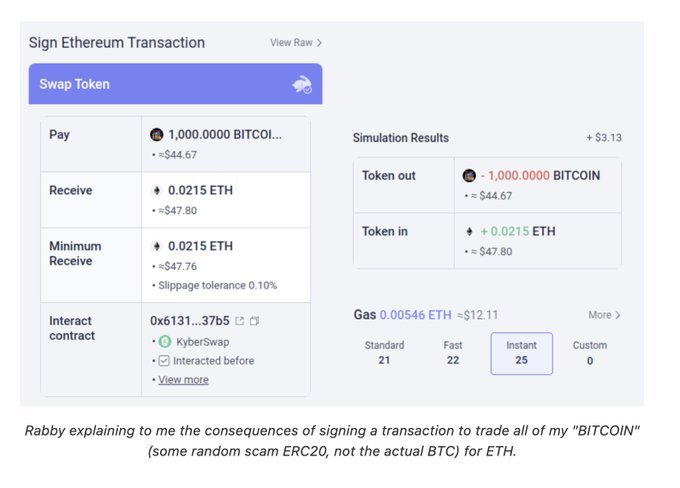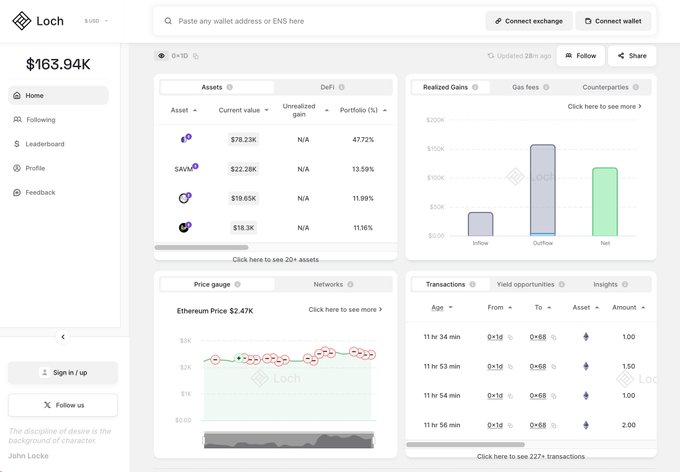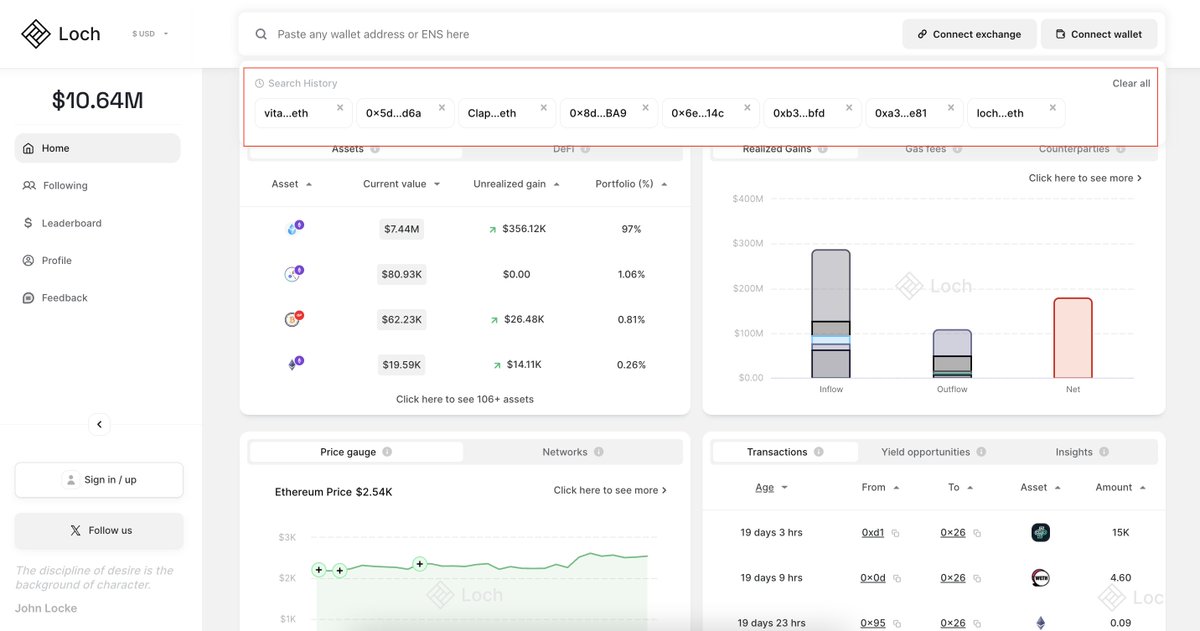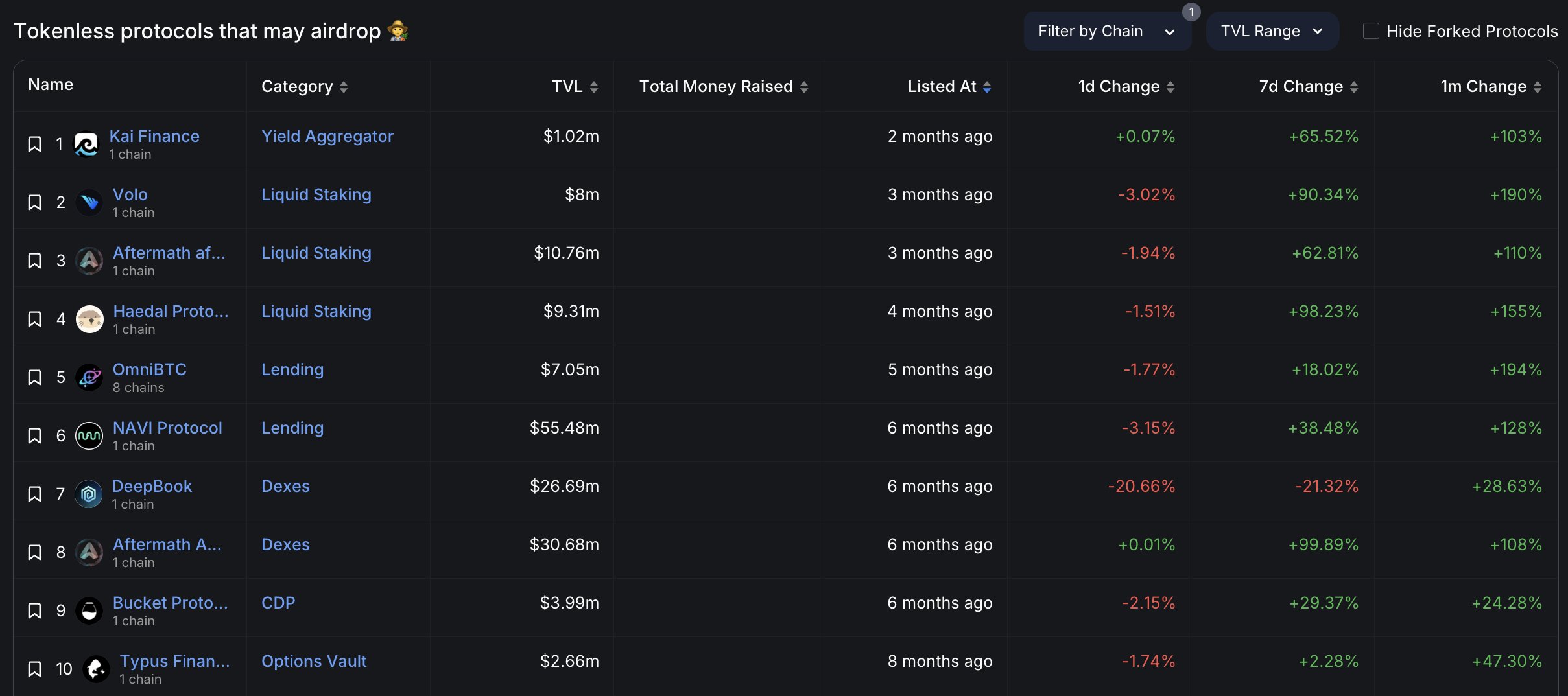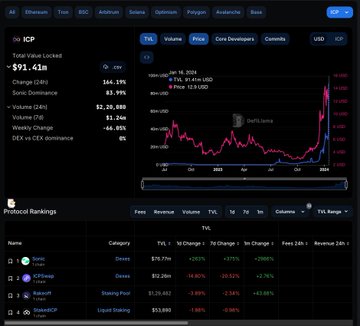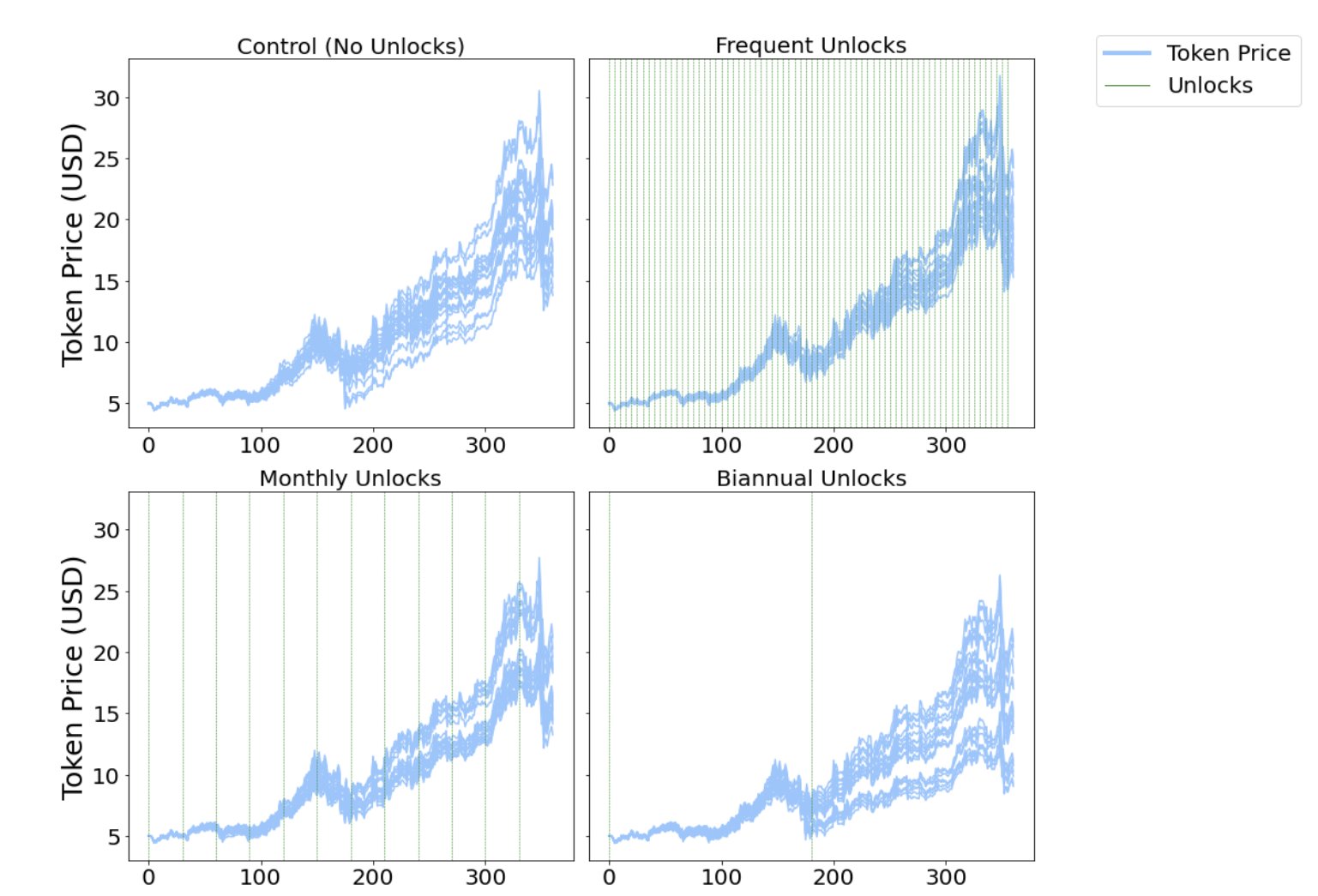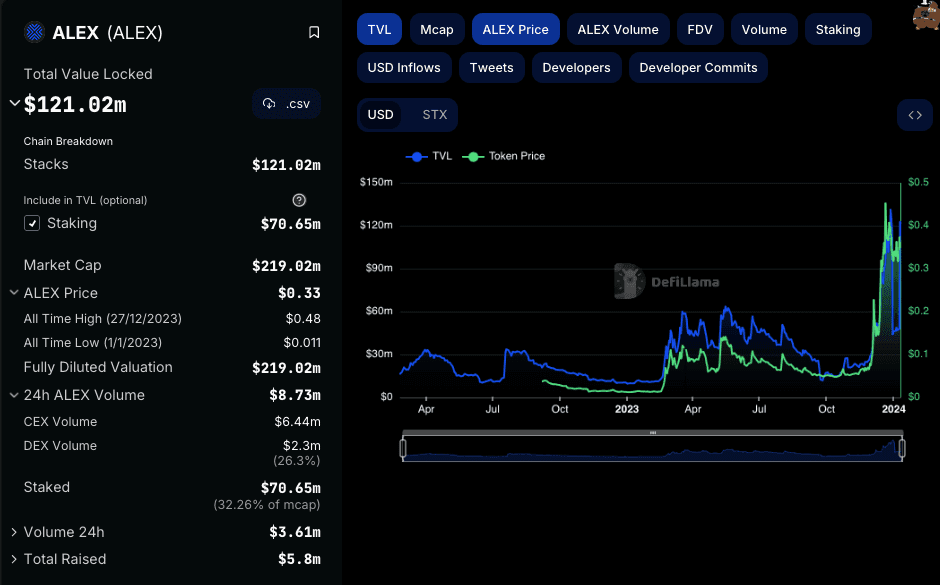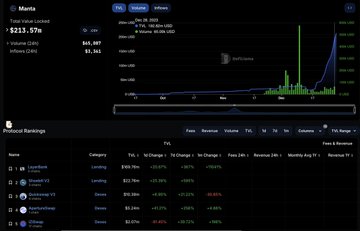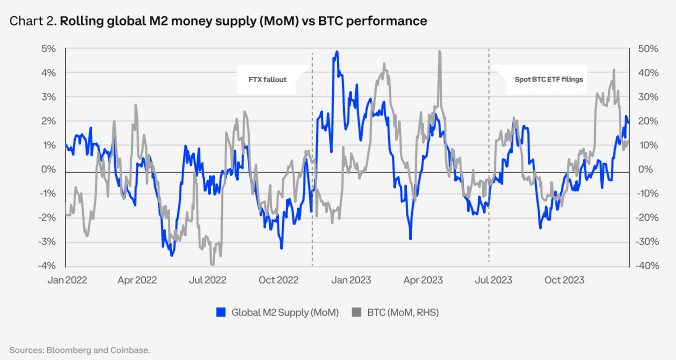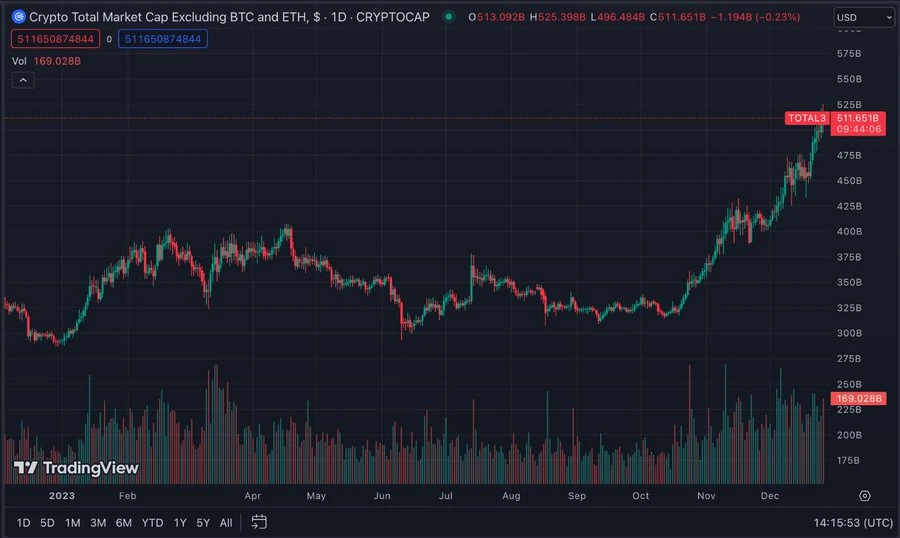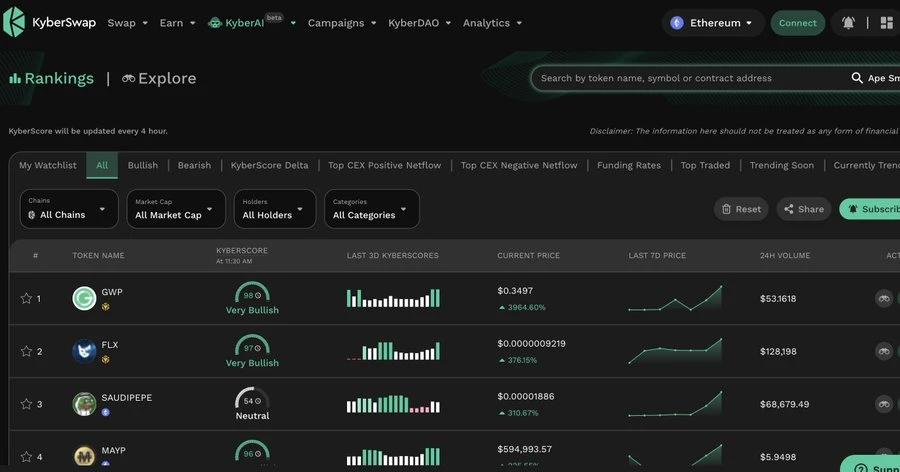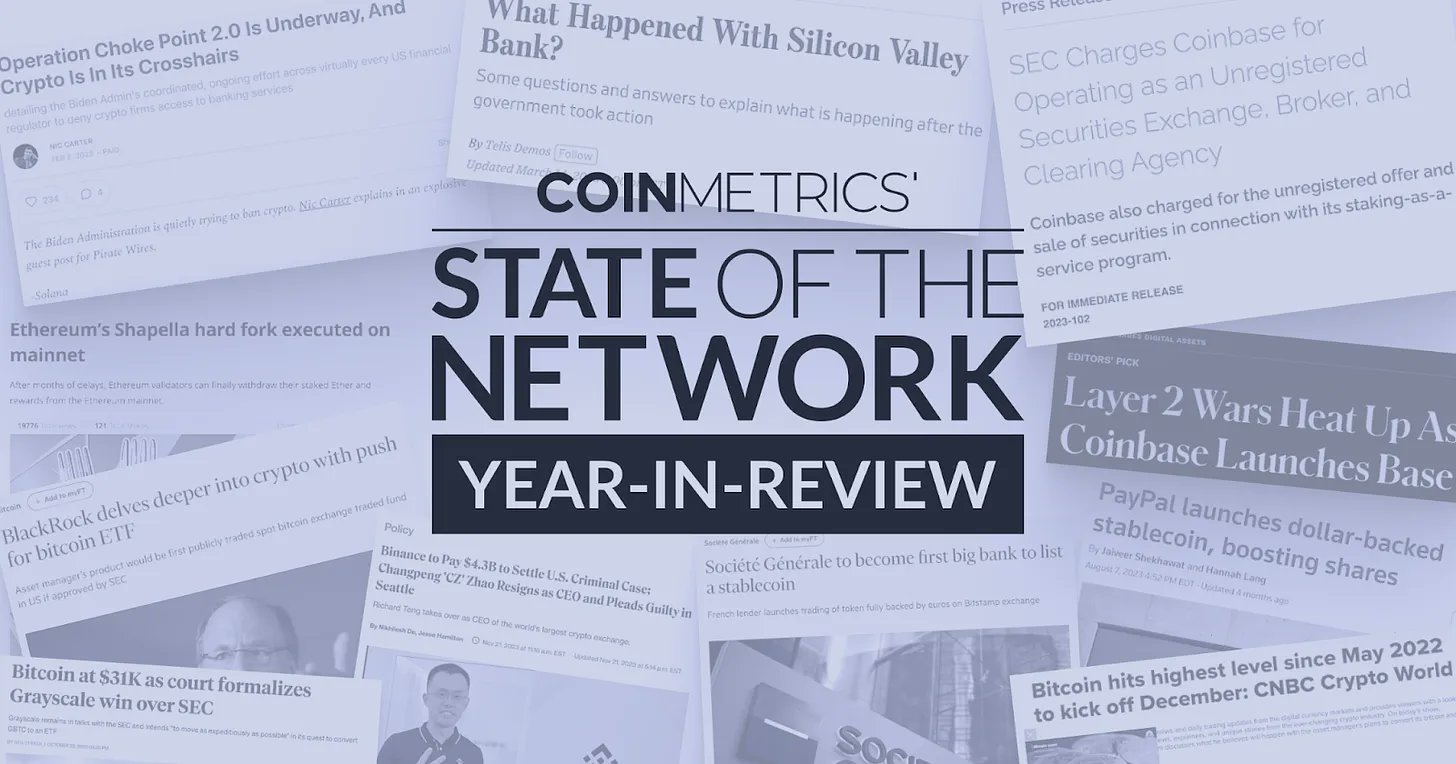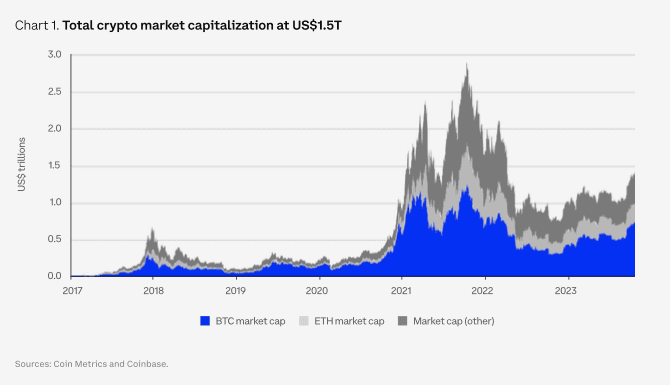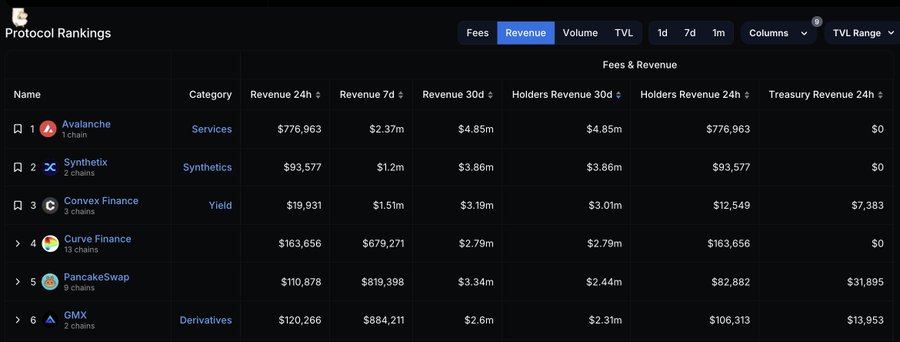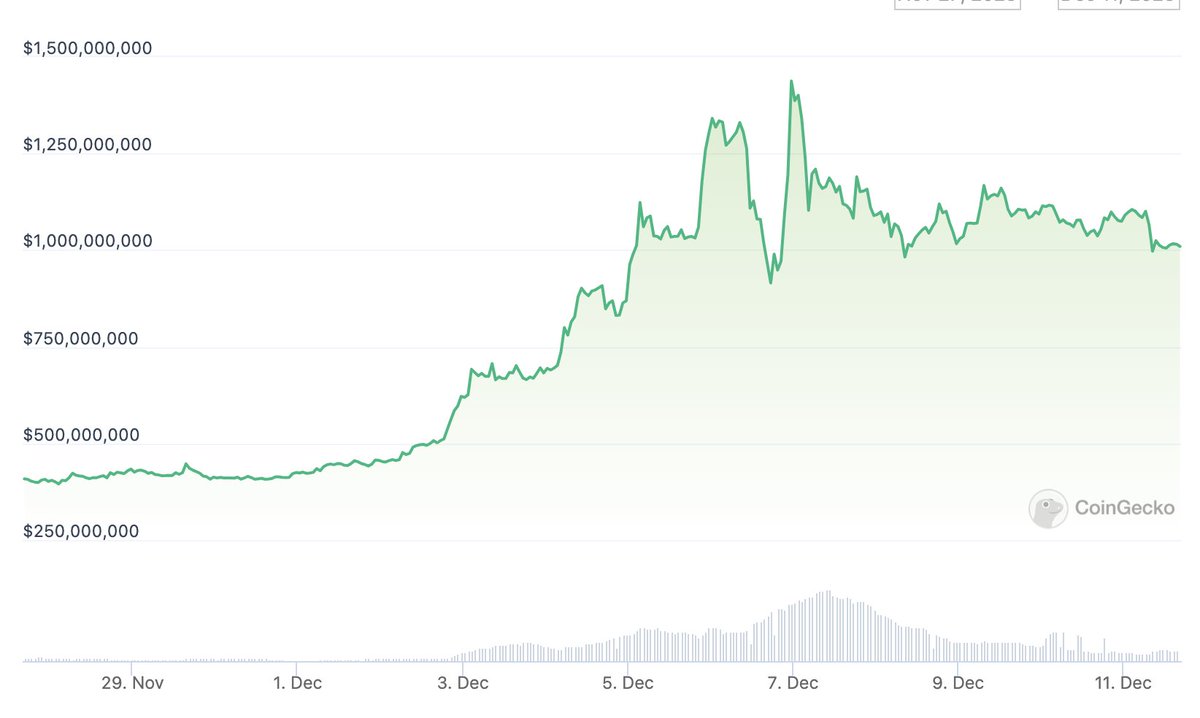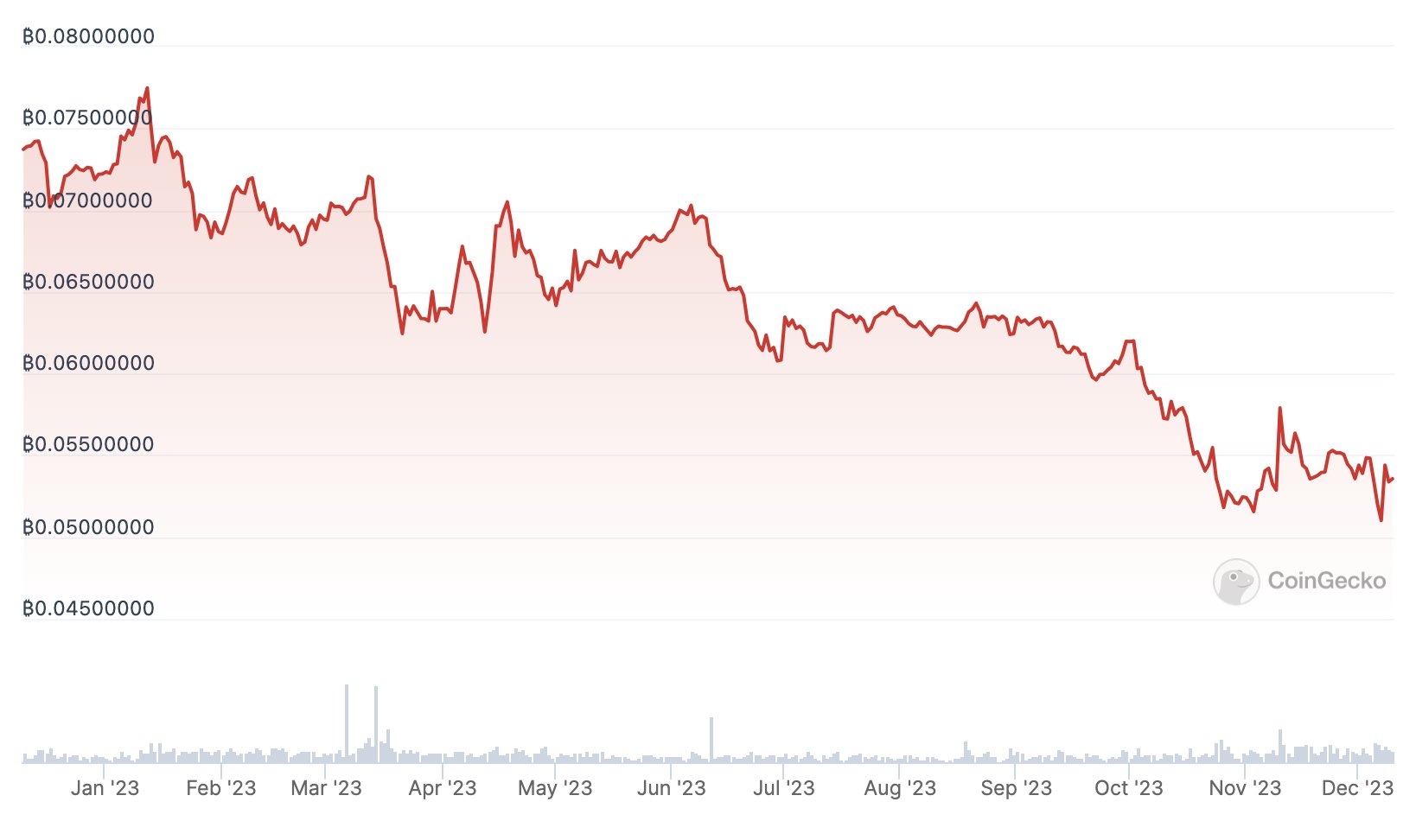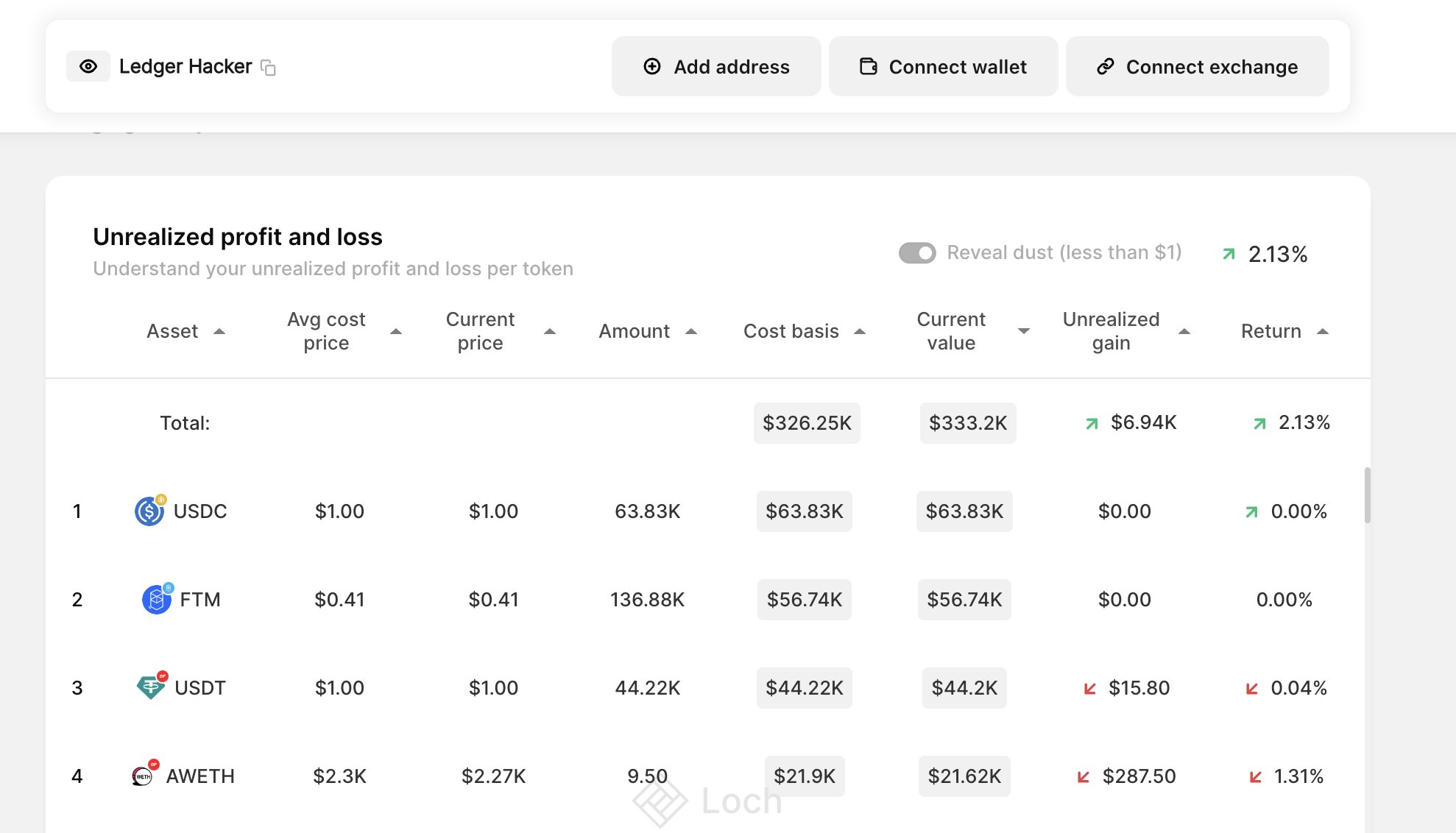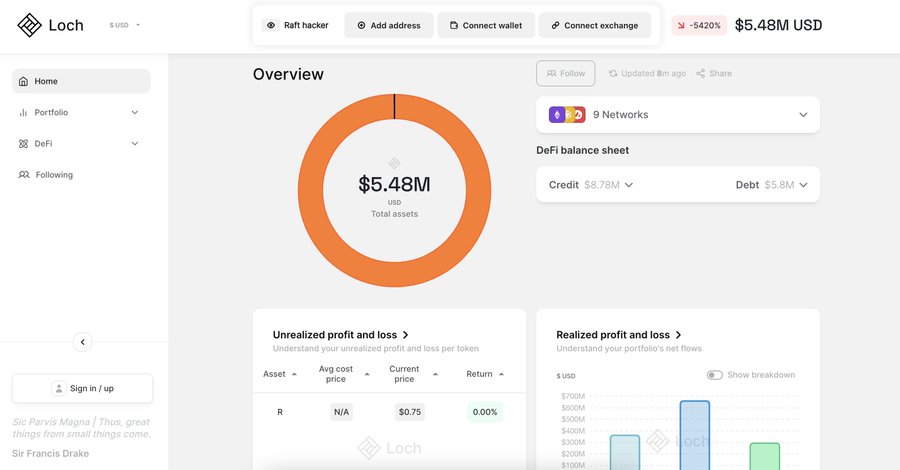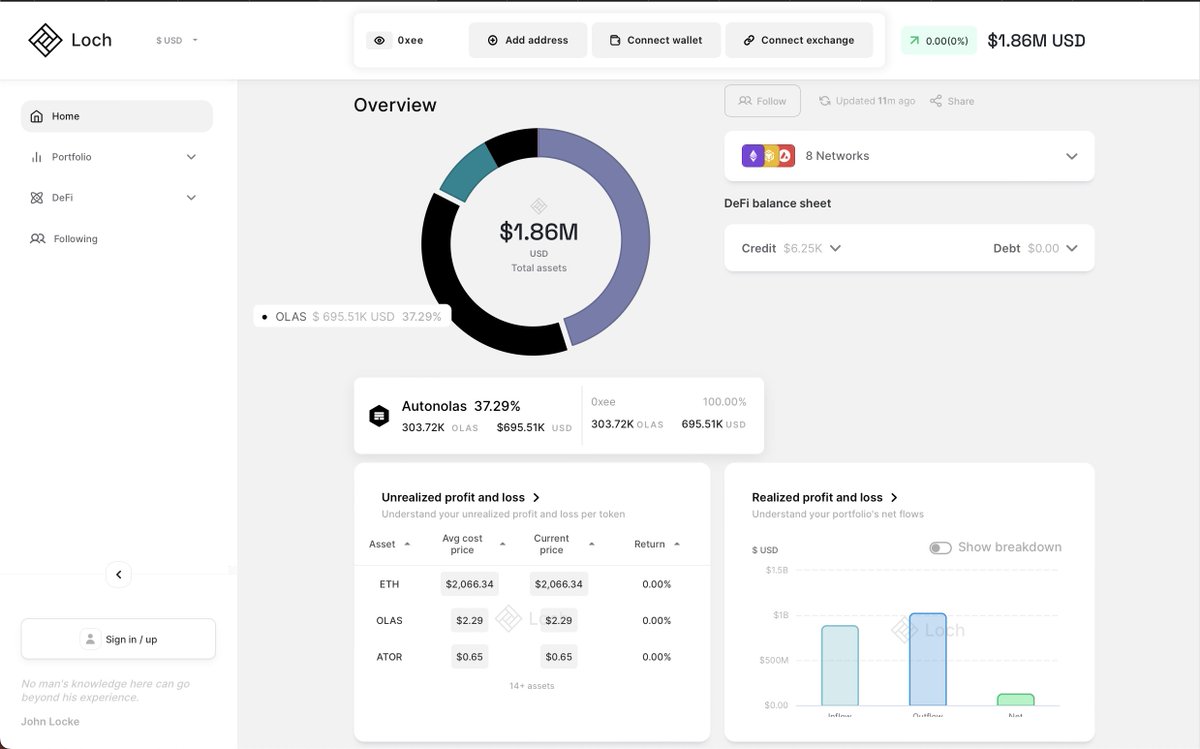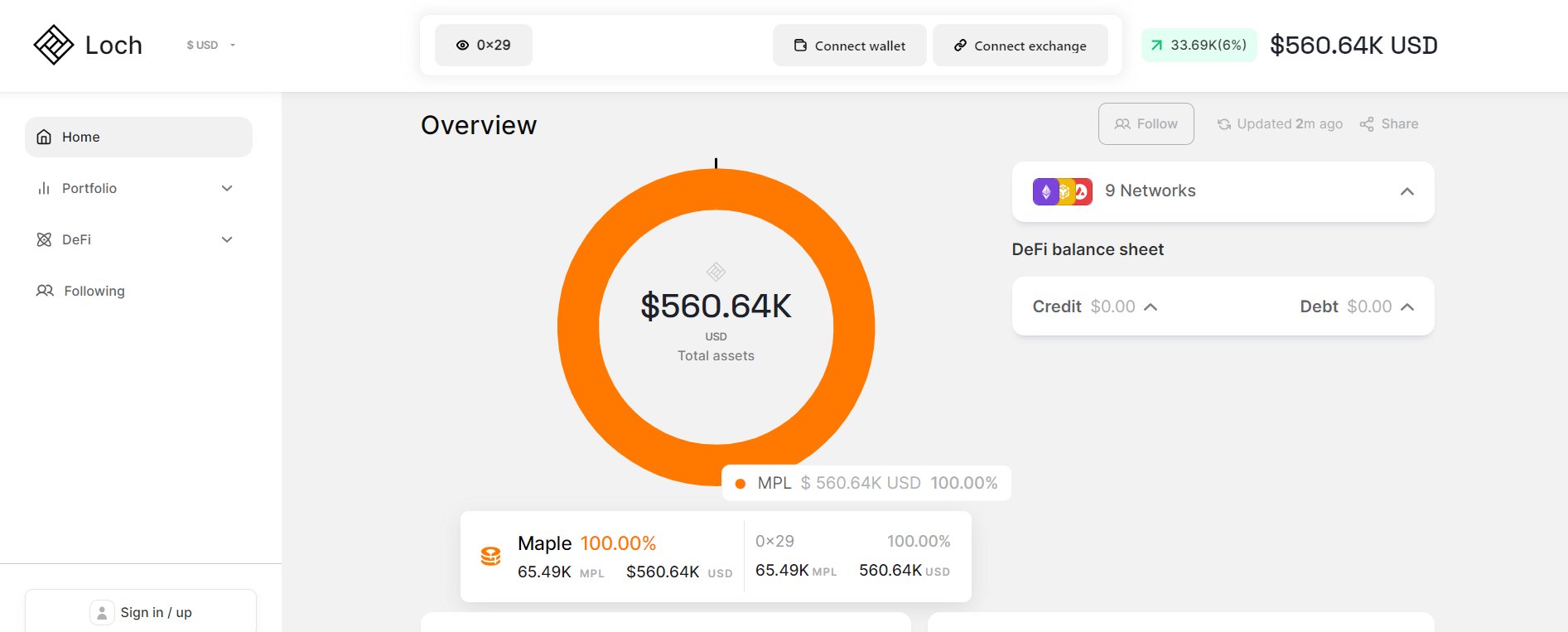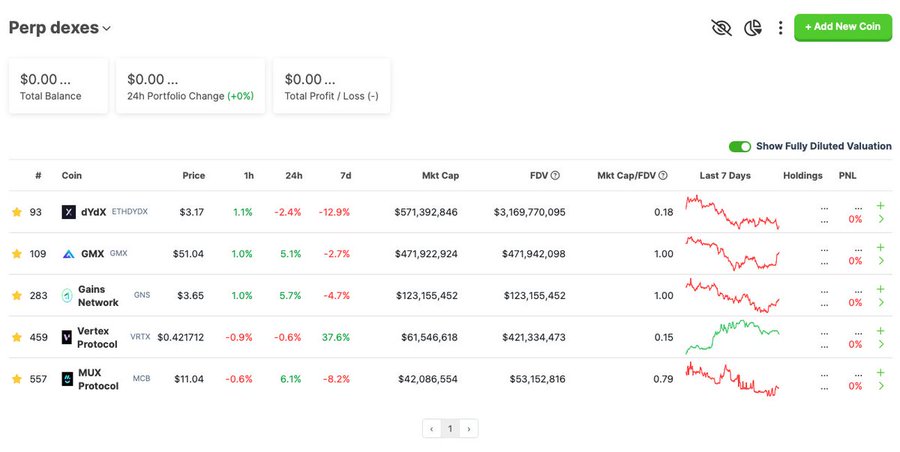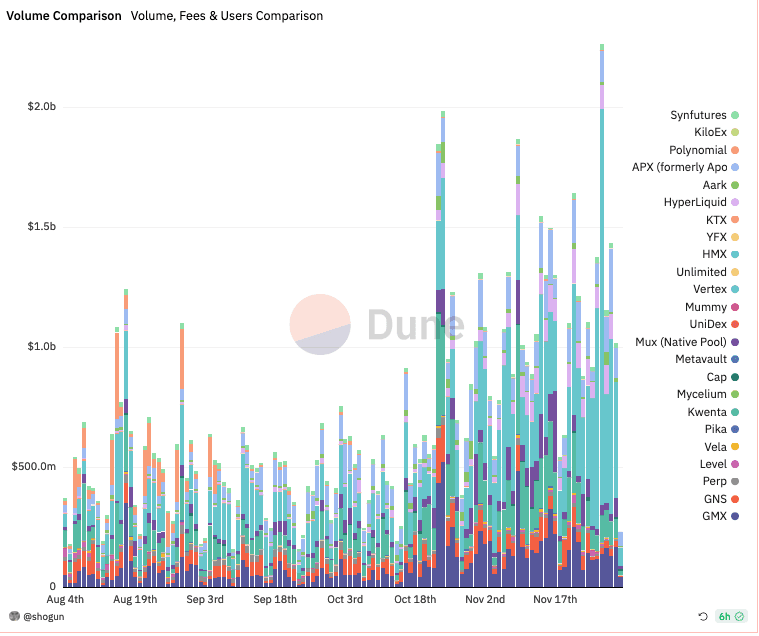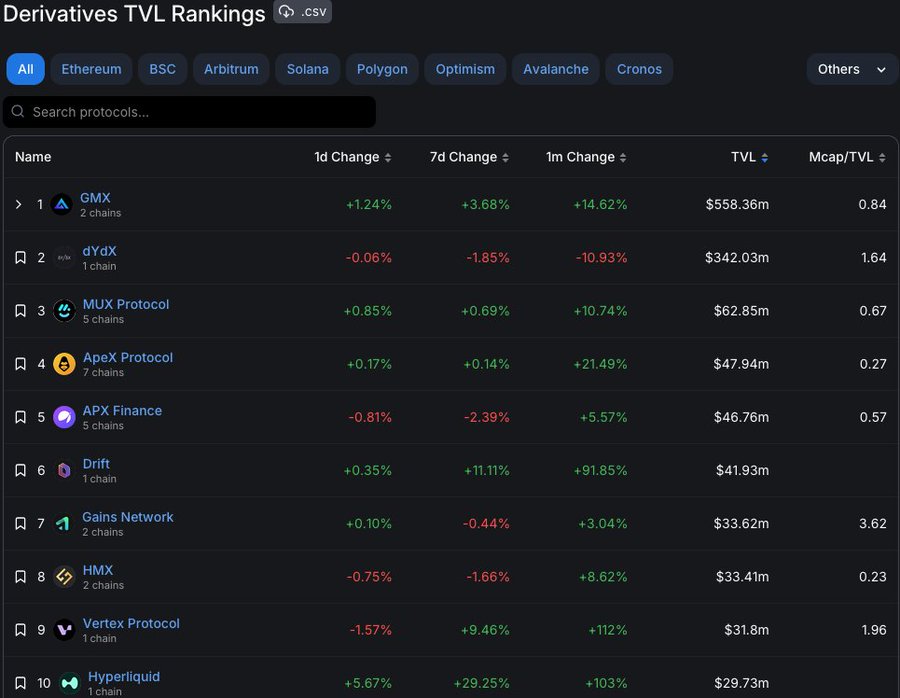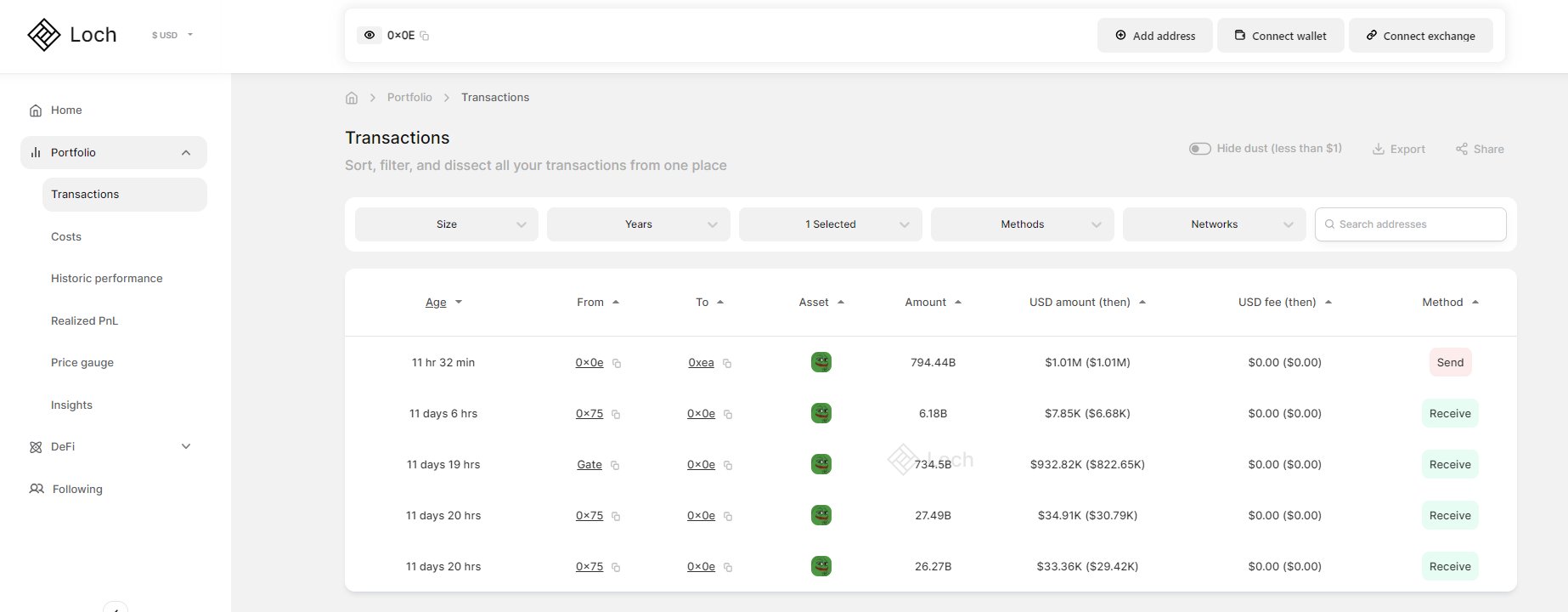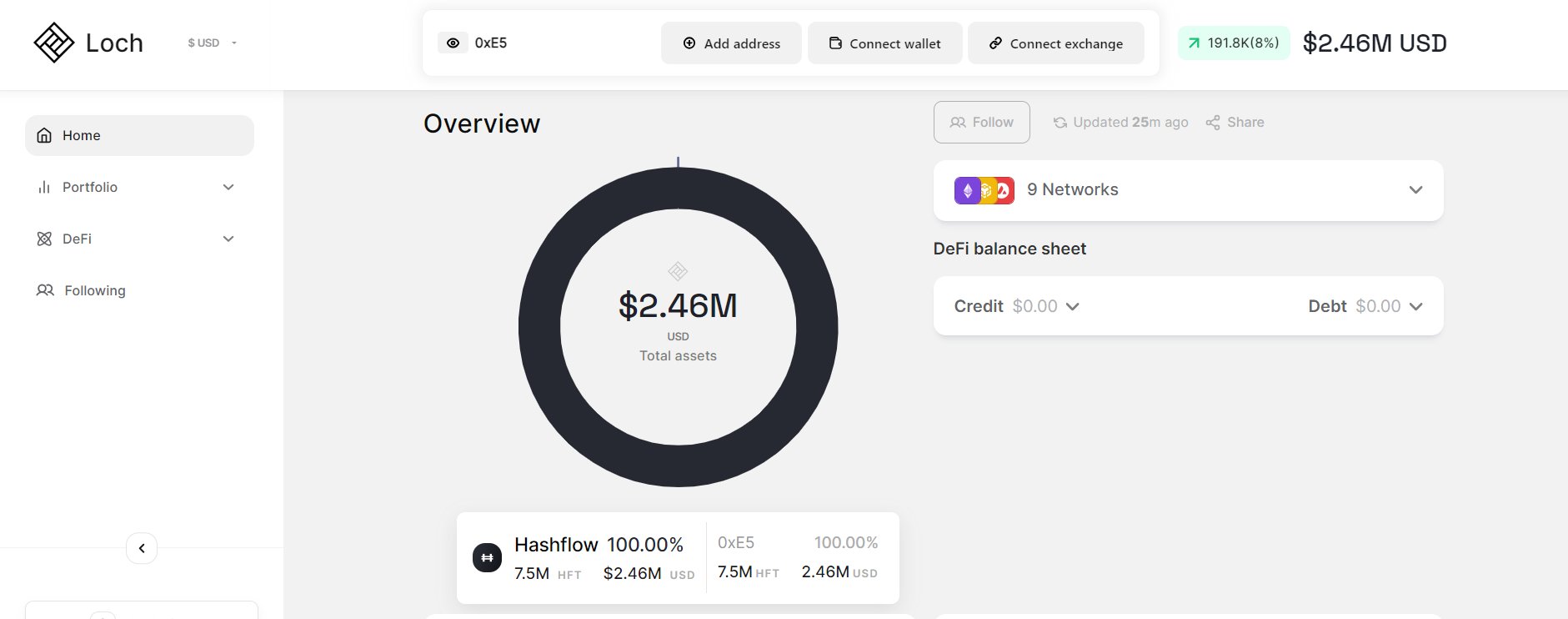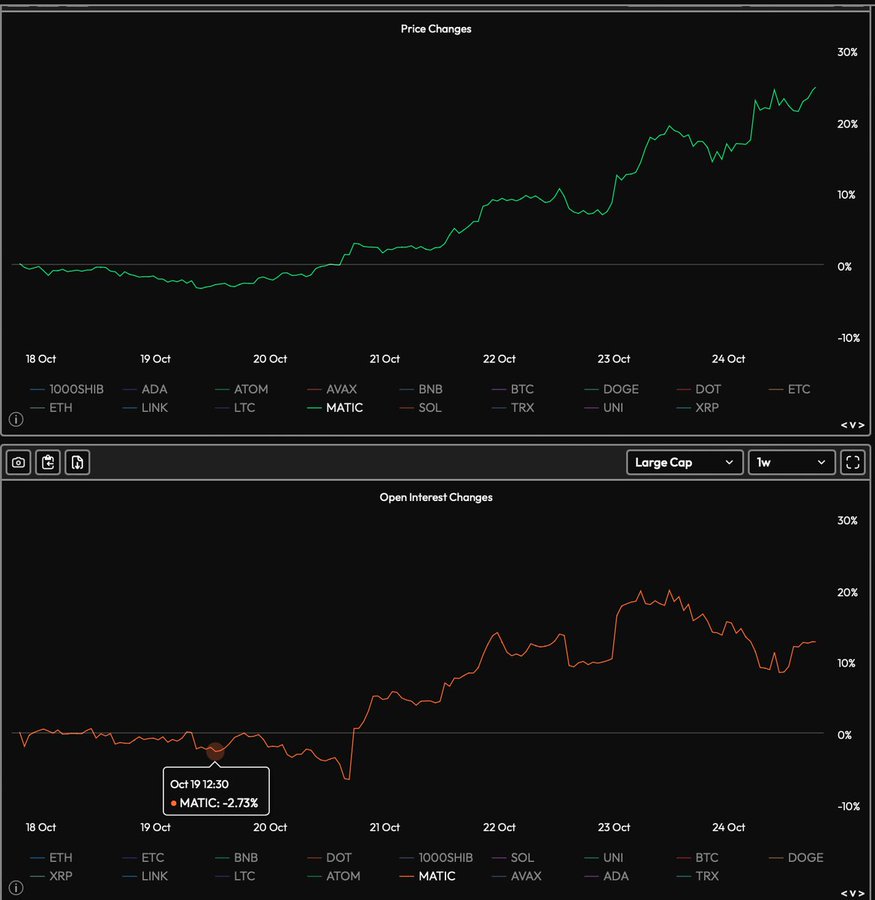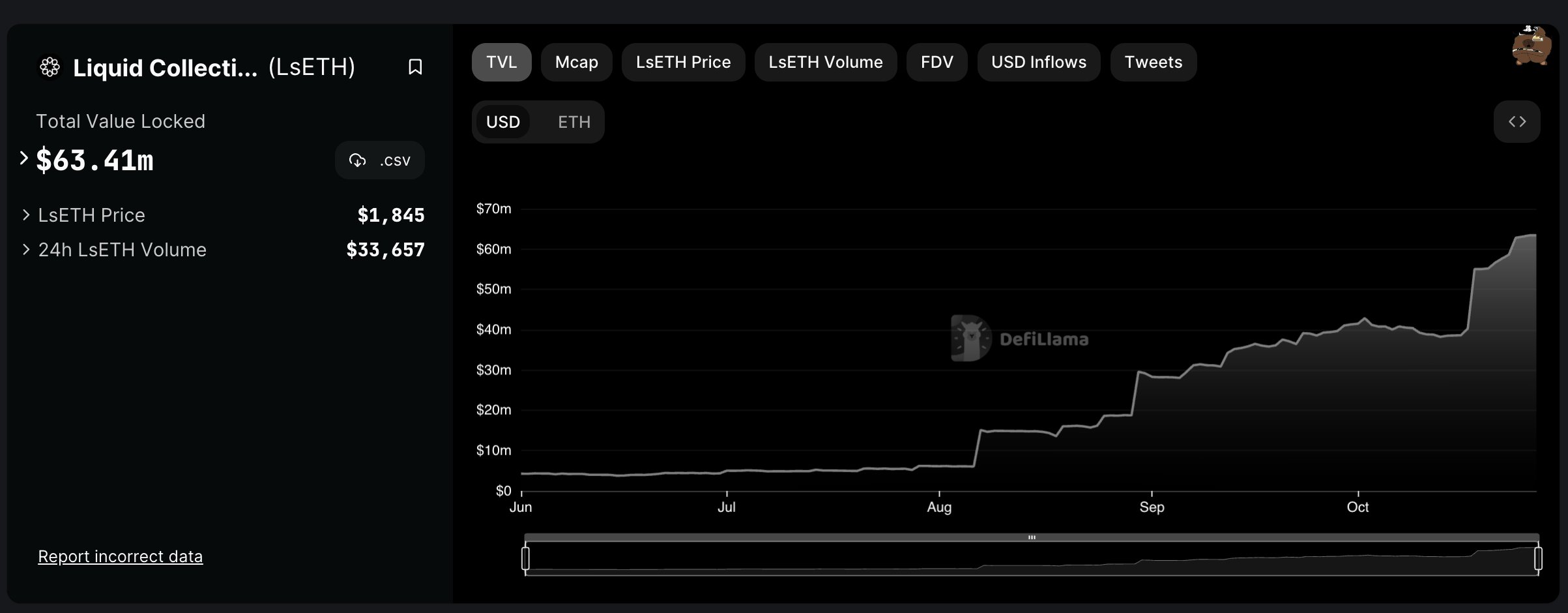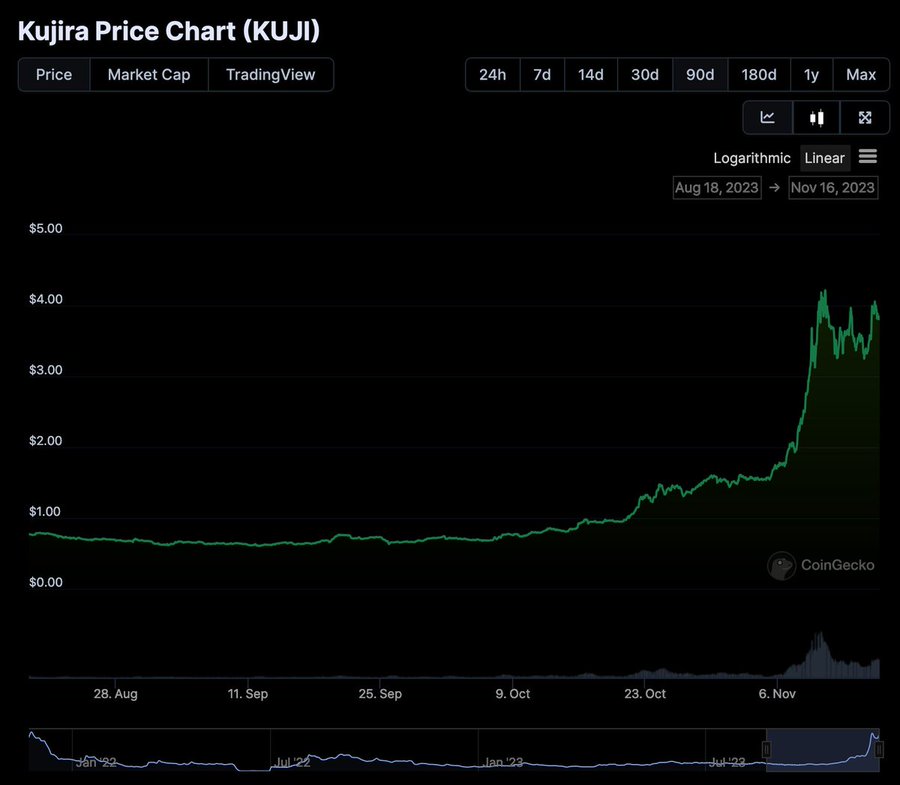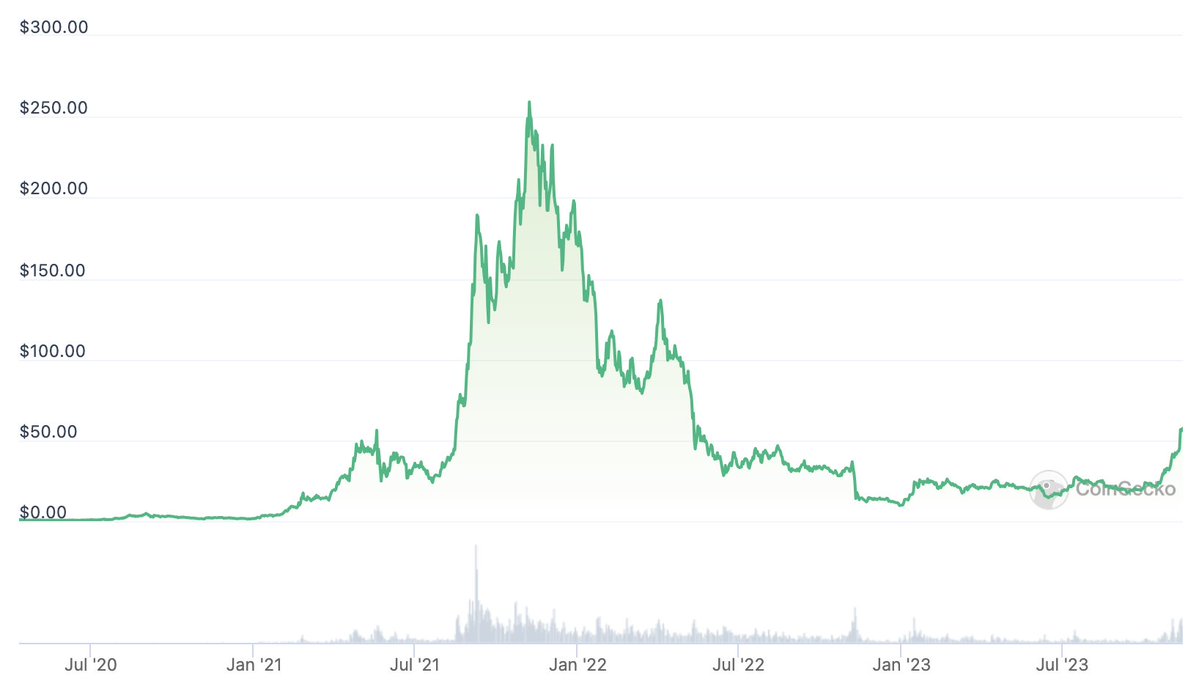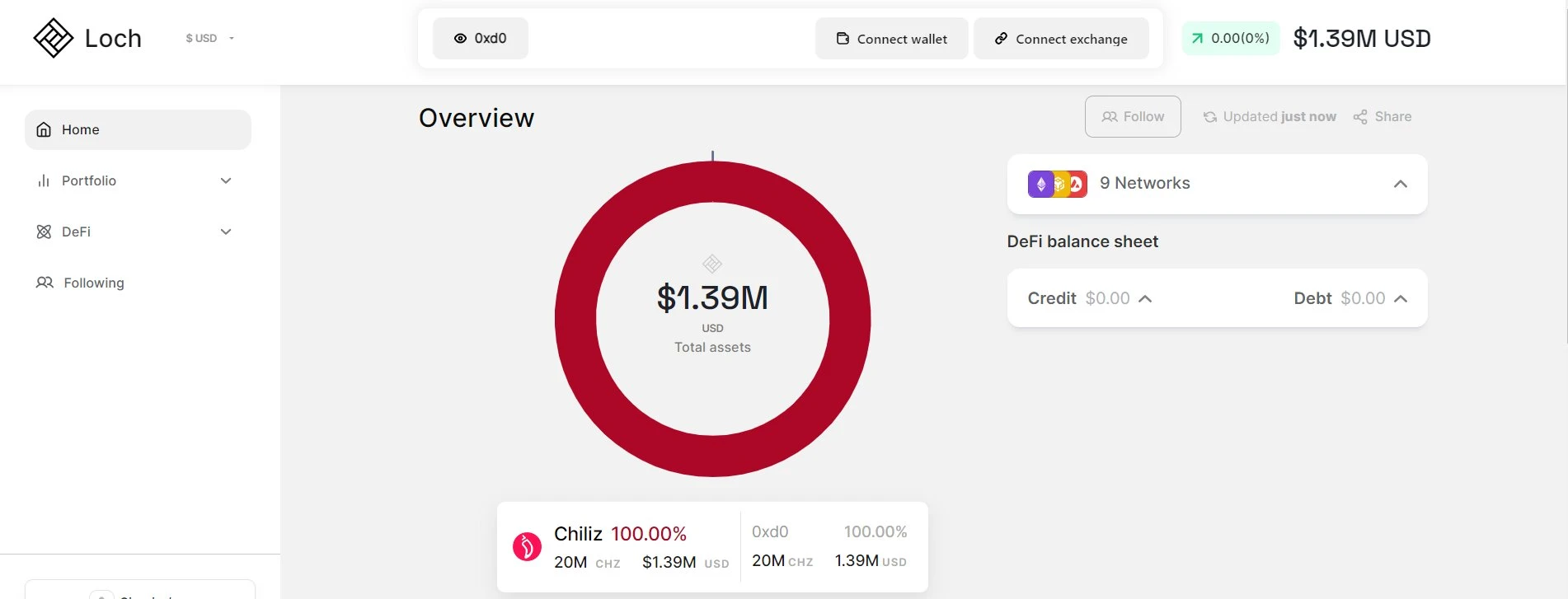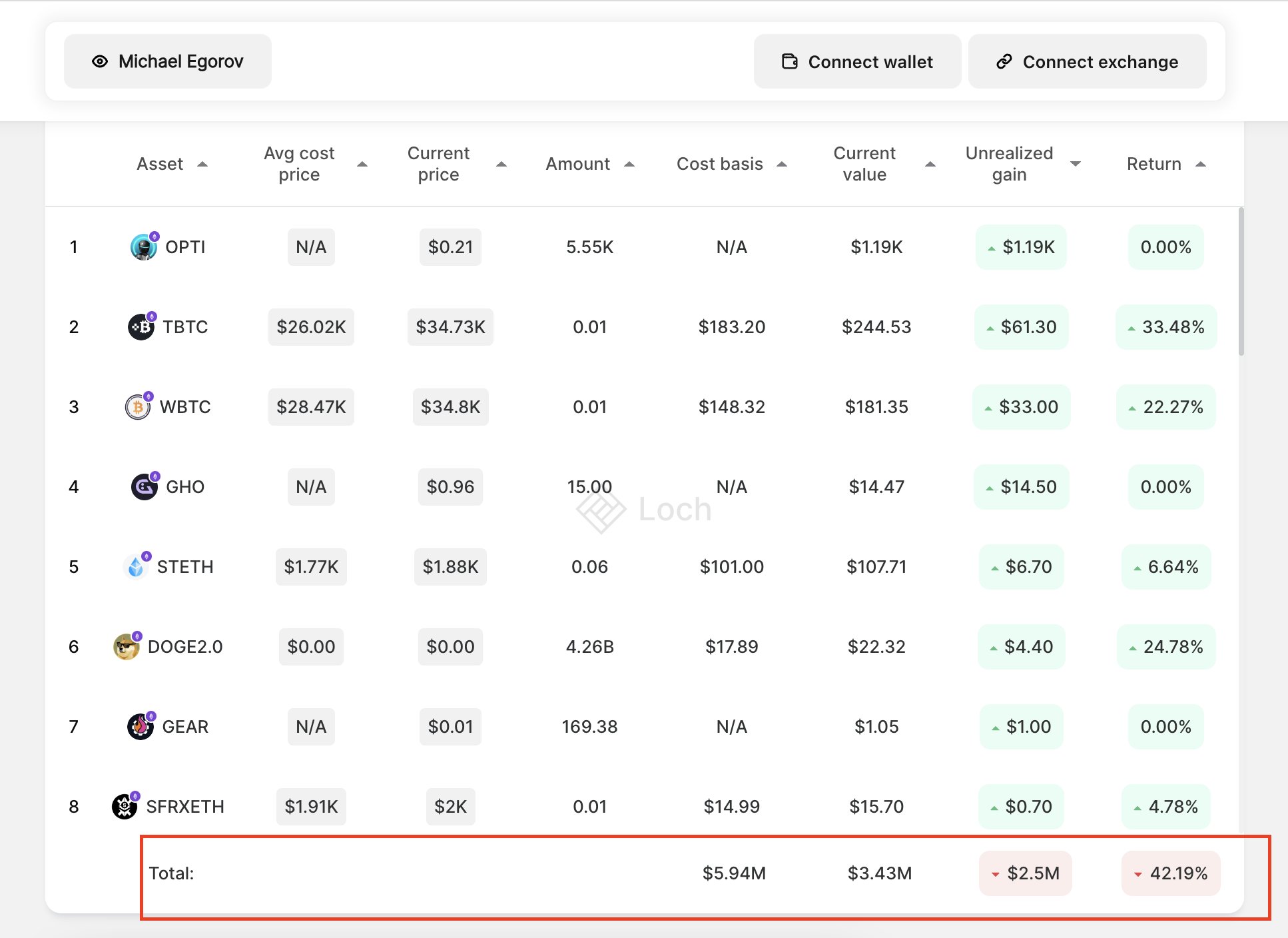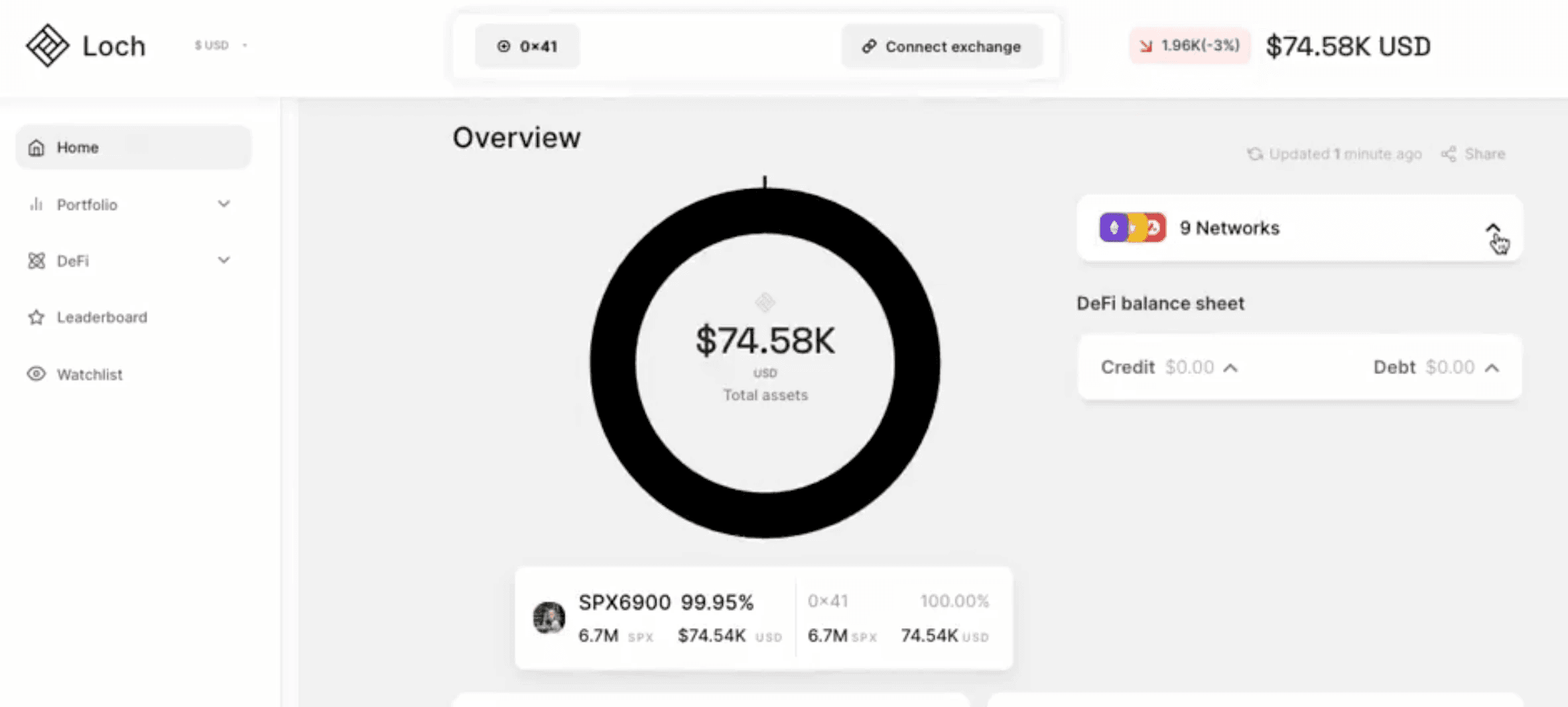DeFi Portfolio Tracking
Decentralized Finance, or DeFi, has taken the world by storm in recent years, with blockchain technology enabling individuals to access financial services in a decentralized and trustless manner. The DeFi ecosystem comprises a vast array of applications, including decentralized exchanges, lending and borrowing protocols, yield farming platforms, and many more. As the DeFi market continues to expand, it is becoming increasingly important for investors to have a robust portfolio tracking system to monitor their investments and make informed decisions.
Portfolio tracking involves keeping track of one's investments and their performance over time. This is especially important for DeFi investors, as the market can be highly volatile and subject to rapid fluctuations. By tracking their portfolio, investors can identify trends, evaluate their investment strategies, and make informed decisions about buying, selling, or holding their assets.
There are several key components to an effective DeFi portfolio tracking system:
Asset Management: The first step in portfolio tracking is to have a comprehensive understanding of the assets in the portfolio. This involves identifying the tokens or assets held, their respective prices, and the total value of the portfolio. Investors can use various DeFi portfolio tracking tools to track the value of their holdings across multiple wallets and exchanges.
Real-Time Price Monitoring: One of the most important aspects of portfolio tracking is monitoring the real-time prices of assets. DeFi markets can be highly volatile, with prices changing rapidly in response to market trends and news events. Investors need to be able to monitor the real-time price of their assets to identify potential buying or selling opportunities.
Historical Data Analysis: In addition to real-time price monitoring, it is essential to have access to historical data on asset prices and performance. This allows investors to identify trends, evaluate their investment strategies, and make informed decisions about their holdings. By analyzing historical data, investors can identify patterns and potential future market movements.
Risk Management: DeFi investing carries inherent risks, including the risk of loss due to market volatility, hacks, scams, and other factors. Effective portfolio tracking should include risk management tools, such as stop-loss orders and risk mitigation strategies. Investors should also regularly evaluate the risk profile of their portfolio and adjust their holdings accordingly.
Tax Reporting: DeFi investments are subject to tax regulations in many jurisdictions, and investors need to ensure they are compliant with relevant tax laws. An effective portfolio tracking system should include tax reporting tools that enable investors to generate accurate tax reports for their DeFi holdings.
DeFi, or decentralized finance, has become a rapidly growing sector in the cryptocurrency industry, offering users an alternative to traditional banking services. As the DeFi ecosystem continues to grow and evolve, investors need to keep up with their investments' performance and maintain a robust portfolio tracking system to make informed decisions.
In this article, we'll explore the importance of DeFi portfolio tracking, the various tools available to investors, and how to effectively manage a DeFi portfolio.
The Importance of DeFi Portfolio Tracking
DeFi portfolio tracking is an essential aspect of managing one's investments in this emerging market. Given the high level of volatility and price fluctuations within the DeFi ecosystem, investors need to have a clear understanding of their portfolio's performance to make informed decisions.
By tracking their investments, DeFi investors can identify trends, evaluate their investment strategies, and make informed decisions about buying, selling, or holding their assets. Additionally, portfolio tracking enables investors to minimize their risks and optimize their returns by identifying opportunities to take profits or cut losses.
Furthermore, portfolio tracking enables investors to stay updated on the performance of their investments across various platforms, including decentralized exchanges (DEXs), lending and borrowing protocols, and yield farming platforms.
DeFi Portfolio Tracking Tools
Several portfolio tracking tools are available to investors, offering a range of features and capabilities. These tools provide a comprehensive overview of an investor's portfolio, including the value of their holdings, real-time price monitoring, historical data analysis, risk management tools, and tax reporting features.
Zerion
Zerion is a DeFi portfolio tracking platform that enables investors to manage their assets across multiple wallets and exchanges. The platform provides real-time price monitoring, historical data analysis, risk management tools, and tax reporting features.
Zerion's user-friendly interface allows investors to track their holdings easily and evaluate their portfolio's performance. The platform also offers a range of advanced features, such as portfolio rebalancing and asset allocation, to help investors optimize their returns.
Delta
Delta is a cryptocurrency portfolio tracking app that supports over 6,000 cryptocurrencies and enables users to track their holdings across multiple wallets and exchanges. The app provides real-time price monitoring, historical data analysis, and a range of risk management tools.
Delta's user-friendly interface offers investors an easy way to track their portfolio's performance, including a detailed breakdown of their holdings and their current value. Additionally, the app offers advanced features such as price alerts and portfolio analysis tools to help investors stay up-to-date on their investments' performance.
Blockfolio
Blockfolio is a cryptocurrency portfolio tracking app that enables users to track their holdings across multiple wallets and exchanges. The app provides real-time price monitoring, historical data analysis, and a range of risk management tools.
Blockfolio's user-friendly interface offers investors a clear overview of their portfolio, including detailed information on their holdings' value, performance, and allocation. The app also offers a range of advanced features, such as price alerts and news updates, to help investors stay informed on market trends.
CoinTracking
CoinTracking is a cryptocurrency portfolio tracking platform that enables users to track their holdings across multiple wallets and exchanges. The platform provides real-time price monitoring, historical data analysis, and a range of risk management and tax reporting tools.
CoinTracking's advanced features include price analysis tools, tax reporting features, and a range of advanced analytics tools to help investors evaluate their portfolio's performance. Additionally, the platform offers a range of import options, enabling investors to easily import data from various exchanges and wallets.
Loch
Loch is a portfolio analytics solution with unique features that aren’t available anywhere else on the internet. You get a breakdown of your portfolio, a historical analysis of your asset value along with macro data that helps you understand inflection points in your portfolio (whether they are internal or external). In addition, you get an analysis of your counterparty and gas costs. The killer feature is an analysis of your net flows. After all that trading, are you up or down? Features in the pipeline include average cost basis - a simple enough metric which no one seems to provide.
Analyzing a DeFi Portfolio
Analyzing a DeFi portfolio requires a clear understanding of the risks and rewards associated with investing in this emerging market. As with any investment, investors should conduct thorough research before investing.
In conclusion, DeFi portfolio tracking is an essential component of DeFi investing, enabling investors to monitor the performance of their assets, identify trends, and make informed decisions.
DeFi Portfolio Tracking
Decentralized Finance, or DeFi, has taken the world by storm in recent years, with blockchain technology enabling individuals to access financial services in a decentralized and trustless manner. The DeFi ecosystem comprises a vast array of applications, including decentralized exchanges, lending and borrowing protocols, yield farming platforms, and many more. As the DeFi market continues to expand, it is becoming increasingly important for investors to have a robust portfolio tracking system to monitor their investments and make informed decisions.
Portfolio tracking involves keeping track of one's investments and their performance over time. This is especially important for DeFi investors, as the market can be highly volatile and subject to rapid fluctuations. By tracking their portfolio, investors can identify trends, evaluate their investment strategies, and make informed decisions about buying, selling, or holding their assets.
There are several key components to an effective DeFi portfolio tracking system:
Asset Management: The first step in portfolio tracking is to have a comprehensive understanding of the assets in the portfolio. This involves identifying the tokens or assets held, their respective prices, and the total value of the portfolio. Investors can use various DeFi portfolio tracking tools to track the value of their holdings across multiple wallets and exchanges.
Real-Time Price Monitoring: One of the most important aspects of portfolio tracking is monitoring the real-time prices of assets. DeFi markets can be highly volatile, with prices changing rapidly in response to market trends and news events. Investors need to be able to monitor the real-time price of their assets to identify potential buying or selling opportunities.
Historical Data Analysis: In addition to real-time price monitoring, it is essential to have access to historical data on asset prices and performance. This allows investors to identify trends, evaluate their investment strategies, and make informed decisions about their holdings. By analyzing historical data, investors can identify patterns and potential future market movements.
Risk Management: DeFi investing carries inherent risks, including the risk of loss due to market volatility, hacks, scams, and other factors. Effective portfolio tracking should include risk management tools, such as stop-loss orders and risk mitigation strategies. Investors should also regularly evaluate the risk profile of their portfolio and adjust their holdings accordingly.
Tax Reporting: DeFi investments are subject to tax regulations in many jurisdictions, and investors need to ensure they are compliant with relevant tax laws. An effective portfolio tracking system should include tax reporting tools that enable investors to generate accurate tax reports for their DeFi holdings.
DeFi, or decentralized finance, has become a rapidly growing sector in the cryptocurrency industry, offering users an alternative to traditional banking services. As the DeFi ecosystem continues to grow and evolve, investors need to keep up with their investments' performance and maintain a robust portfolio tracking system to make informed decisions.
In this article, we'll explore the importance of DeFi portfolio tracking, the various tools available to investors, and how to effectively manage a DeFi portfolio.
The Importance of DeFi Portfolio Tracking
DeFi portfolio tracking is an essential aspect of managing one's investments in this emerging market. Given the high level of volatility and price fluctuations within the DeFi ecosystem, investors need to have a clear understanding of their portfolio's performance to make informed decisions.
By tracking their investments, DeFi investors can identify trends, evaluate their investment strategies, and make informed decisions about buying, selling, or holding their assets. Additionally, portfolio tracking enables investors to minimize their risks and optimize their returns by identifying opportunities to take profits or cut losses.
Furthermore, portfolio tracking enables investors to stay updated on the performance of their investments across various platforms, including decentralized exchanges (DEXs), lending and borrowing protocols, and yield farming platforms.
DeFi Portfolio Tracking Tools
Several portfolio tracking tools are available to investors, offering a range of features and capabilities. These tools provide a comprehensive overview of an investor's portfolio, including the value of their holdings, real-time price monitoring, historical data analysis, risk management tools, and tax reporting features.
Zerion
Zerion is a DeFi portfolio tracking platform that enables investors to manage their assets across multiple wallets and exchanges. The platform provides real-time price monitoring, historical data analysis, risk management tools, and tax reporting features.
Zerion's user-friendly interface allows investors to track their holdings easily and evaluate their portfolio's performance. The platform also offers a range of advanced features, such as portfolio rebalancing and asset allocation, to help investors optimize their returns.
Delta
Delta is a cryptocurrency portfolio tracking app that supports over 6,000 cryptocurrencies and enables users to track their holdings across multiple wallets and exchanges. The app provides real-time price monitoring, historical data analysis, and a range of risk management tools.
Delta's user-friendly interface offers investors an easy way to track their portfolio's performance, including a detailed breakdown of their holdings and their current value. Additionally, the app offers advanced features such as price alerts and portfolio analysis tools to help investors stay up-to-date on their investments' performance.
Blockfolio
Blockfolio is a cryptocurrency portfolio tracking app that enables users to track their holdings across multiple wallets and exchanges. The app provides real-time price monitoring, historical data analysis, and a range of risk management tools.
Blockfolio's user-friendly interface offers investors a clear overview of their portfolio, including detailed information on their holdings' value, performance, and allocation. The app also offers a range of advanced features, such as price alerts and news updates, to help investors stay informed on market trends.
CoinTracking
CoinTracking is a cryptocurrency portfolio tracking platform that enables users to track their holdings across multiple wallets and exchanges. The platform provides real-time price monitoring, historical data analysis, and a range of risk management and tax reporting tools.
CoinTracking's advanced features include price analysis tools, tax reporting features, and a range of advanced analytics tools to help investors evaluate their portfolio's performance. Additionally, the platform offers a range of import options, enabling investors to easily import data from various exchanges and wallets.
Loch
Loch is a portfolio analytics solution with unique features that aren’t available anywhere else on the internet. You get a breakdown of your portfolio, a historical analysis of your asset value along with macro data that helps you understand inflection points in your portfolio (whether they are internal or external). In addition, you get an analysis of your counterparty and gas costs. The killer feature is an analysis of your net flows. After all that trading, are you up or down? Features in the pipeline include average cost basis - a simple enough metric which no one seems to provide.
Analyzing a DeFi Portfolio
Analyzing a DeFi portfolio requires a clear understanding of the risks and rewards associated with investing in this emerging market. As with any investment, investors should conduct thorough research before investing.
In conclusion, DeFi portfolio tracking is an essential component of DeFi investing, enabling investors to monitor the performance of their assets, identify trends, and make informed decisions.
Continue reading
Continue reading

DeFi Portfolio Tracking - Best Practices
Mar 14, 2023

DeFi Portfolio Tracking - Best Practices
Mar 14, 2023




